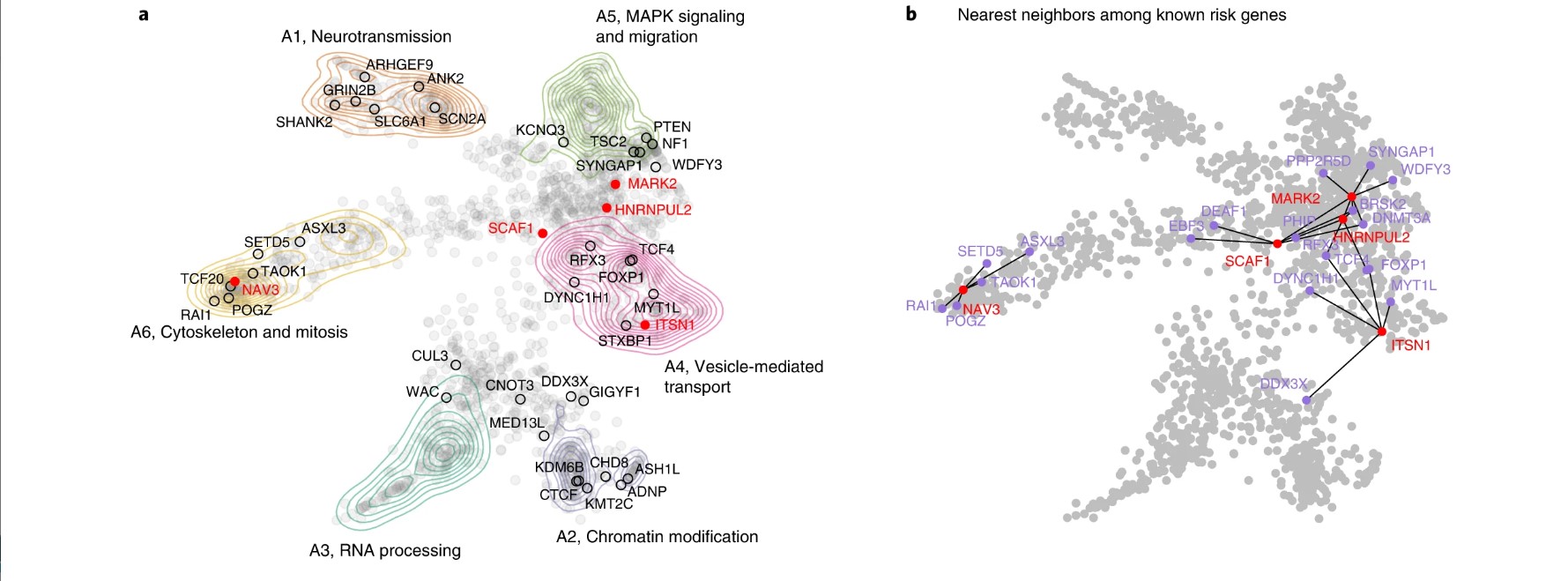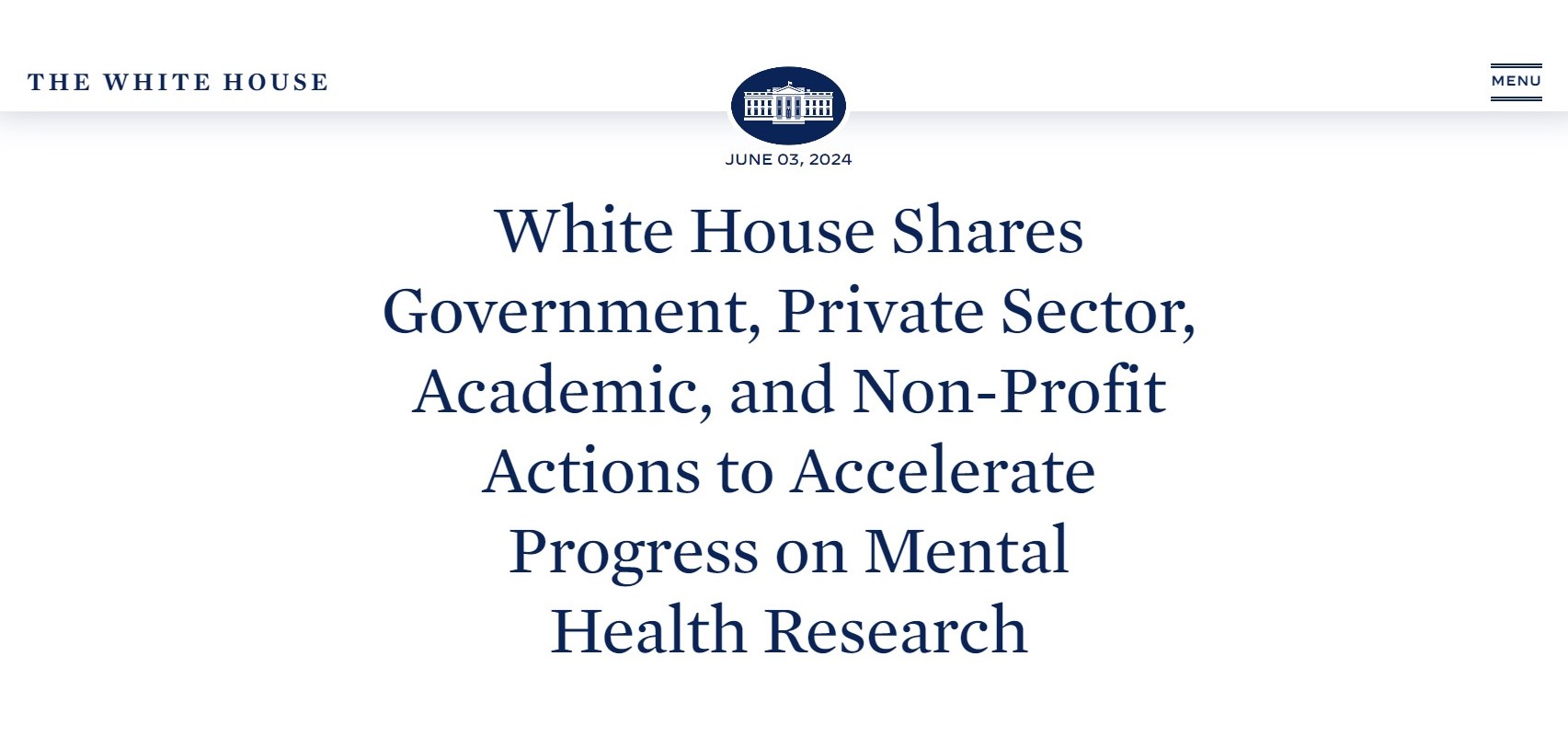Multiple Studies Detect Dozens of Genes Contributing to Autism Spectrum Disorders
Post Date: August 18, 2022 | Publish Date:

15 Cincinnati Children’s Scientists Contribute to Findings Based on SPARK Data
After analyzing data from nearly 43,000 people with autism, scientists from numerous institutions report finding dozens of genes with connections to the autism spectrum, including a mix of inherited genes and others that mutate during a person’s lifetime to increase risk.
Several of the genes have not been thought to have any connection to neurodevelopmental conditions–until now.
The findings from four related studies, published Aug. 18 and June 2, 2022, in Nature Genetics, were based primarily on data from the SPARK (Simons Powering Autism Research) research cohort, one of the nation’s largest collections of information about people with autism.
Cincinnati Children’s researchers were involved in this report, led by Yufeng Shen, PhD, and Wendy Chung, MD, PhD, of Columbia University Medical Center, New York.
“Autism is a spectrum, and includes individuals with profound autism who often have cognitive differences and/or epilepsy, as well as individuals who are talented and exceptional, often in specific areas,” Chung says. “We are now appreciating that the genetic contributions to different phenotypes vary in terms of the genes involved; when those genes are activated during brain development; and how common some of the genetic variants are in the population.”
This work identified 60 autism genes whose contribution to autism is largely driven by rare, inherited loss-of-function (LOF) gene variants transmitted by parents who do not have cognitive differences or autism. Of these genes, five have not previously been implicated in neurodevelopmental conditions.
Individuals with autism who carry inherited variants in these “moderate effect” genes are less likely to have cognitive differences than people with autism who carry LOF variants in well-established autism genes, such as CHD8 and SCN2A, the co-authors say.
Contributing Cincinnati Children’s co-authors were: Anna Jelinek, BS, Craig Erickson, MD, Carrie Fassler, Elizabeth Blank, BBA, Erica Lampert, MA, Ernest Pedapati, MD, Jose Polanco, MEd, Kaela O’Brien, BS, Natalie Madi, Nicole McCoy, BS, Patricia Manning, MD, Rebecca Shaffer, PsyD, Stephanie Booker, BS, Sophia Melnyk, MSN, RN, CNL, and Shelley Randall.
Meanwhile another study, led by scientists at the Broad Institute of MIT and Harvard, uncovered 72 genes that are strongly associated with autism. That study included John Sweeney, PhD, Department of Psychiatry at the University of Cincinnati, as a co-author.
Finally, two more studies based on SPARK data appeared in June 2022: (Antaki et al, 2022, Warrier et al, 2022)
Combined, the papers provide a host of insights into the genetic basis of autism. The findings also illustrate how widely varied the spectrum of conditions can be with so many genes playing roles.
Looking ahead, researchers say they hope to involve many more families in future studies so that treatments eventually can be more precisely mapped to a person’s specific location on the autism spectrum.





